The European Space Agency secured a historic budget increase and a clear defence and security mandate at its ministerial council
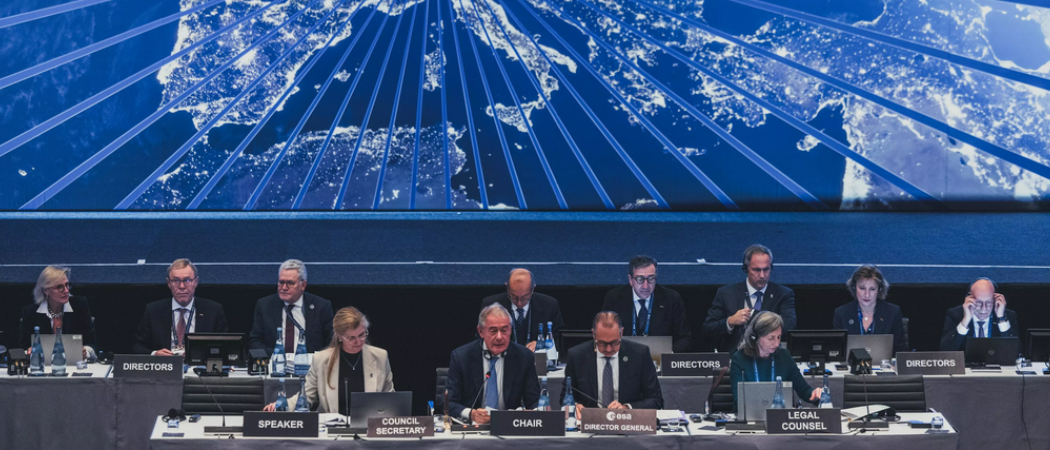
The opening session at the 2025 Ministerial Council in Bremen, Germany on November 26. Photo credits: Ph. Servent / ESA
European Space Agency (ESA) member states agreed to increase the agency’s budget to €22.1 billion over the next three years at ESA’s ministerial council in Bremen on November 26 and 27, reflecting the growing importance of space for Europe’s security and technological sovereignty.
The final budget comes close to the €22.3 billion the agency had requested in order to deliver on the goals set out earlier this year in its strategy for 2040, and represents a 30% increase compared to the current budget.
ESA director general Josef Aschbacher said it was the first time he could remember an agreement coming so close to the requested budget. “When I saw these figures, I couldn’t believe it, I was very emotional,” he told reporters following the meeting. “I think this message of Europe needing to catch up [. . .] has been taken by our ministers very seriously.”
The resolution adopted by member states also includes a clear mandate for ESA to work on activities related to security and defence, and funding for a new European Resilience from Space programme to deliver advanced space-enabled capabilities in terms of intelligence, surveillance and reconnaissance; navigation; and secure communications.
Germany remains the largest contributor to the budget, with €5.1 billion, or 23% of member state contributions, followed by France and Italy with 16% each.
Dorothee Bär, Germany’s federal minister for research, technology and space, said she was “proud” to have increased Germany’s contribution by around 30%, calling it a “very clear signal” given the tight budget constraints in her country.
ESA’s current three-year budget, agreed in 2022, is €16.9 billion. There were already concerns at the time that this was insufficient to compete with the US and China. Since then, funding needs have intensified, with the continuation of the war in Ukraine and delays to European launchers leaving Europe temporarily reliant on foreign services in order to access space.
The successful completion of the Ariane 6 rocket’s first commercial flight in March 2025, and the return to service of the Vega-C rocket, have restored Europe’s autonomous access to space, but ESA argued that major investment would be needed to secure future launch capacity, develop new technologies, and strengthen Europe’s climate monitoring, space exploration and defence capabilities.
The US represents 60% of the global space budget, compared to just 10% in Europe, Aschbacher reminded ministers during the summit. Meanwhile, defence spending makes up 50% of global space budgets, but less than 15% of European investments.
Strong focus on innovation
The largest part of the new budget, €4.4 billion, will go toward space transportation. This will allow ESA to deliver on decisions taken at its summit in Seville in 2023, where it announced the European Launcher Challenge to stimulate a more competitive market for innovative launch services. Member states have committed over €900 million tor the challenge, more than double the amount the agency requested.
ESA’s scientific programme will receive €3.8 billion, representing a 3.5% annual increase on top of inflation. “This is a very important signal that, with this budget, we can really focus on the backbone of the ESA programme,” Aschbacher said.
That funding could, for instance, enable a mission to Enceladus, one of Saturn's icy moons, to search for traces of life. The mission has not yet been approved, but will now be studied.
Related articles
- The space technologies Europe should fund next
- Europe and India to cooperate on human space exploration
- ESA flags need for more investment in space
Other budget lines include €3.5 billion for earth observation, €3 billion for human and robotic exploration, and €2.1 billion for connectivity and secure communications.
Funding focusing on innovation will be present across the agency and represents 22% of the budget, Aschbacher said. ESA’s General Support Technology Programme will focus on technologies including AI, quantum, innovative propulsion and robotics.
EU investments
The EU is also stepping up its investments in the sector. The European Commission’s plans for the European Competitiveness Fund from 2028 include €131 billion for defence and space, a five-fold increase compared to the current EU budget.
“The EU, ESA and the European Defence Agency have a long tradition of developing roadmaps for critical space technologies,” Andrius Kubilius, European commissioner for defence and space, told ministers on Wednesday. “Complementary actions for space technologies are now more important than ever.”
During the ESA ministerial council, the European Investment Bank (EIB) announced the launch of its first dedicated financing facility for space companies. The Space TechEU programme is expected to mobilise €1.4 billion in partnership with commercial banks.
This will include €500 million in EIB financing to support companies across the space value chain, with ESA providing technical expertise to banks which join the programme, as a result of a partnership agreed last year between the EIB Group, ESA and the Commission.
“We intend to deploy this instrument rapidly and drive the scale-up and industrialisation of Europe’s space sector,” said Catherine Bender, head of division for financial institutions western Europe at the EIB.
ESA has also been trying to diversify its partnerships. Canada agreed at the summit to increase its contribution to ESA programmes by a factor of five, while this year the agency has deepened collaborations with countries including India, Japan and South Korea.
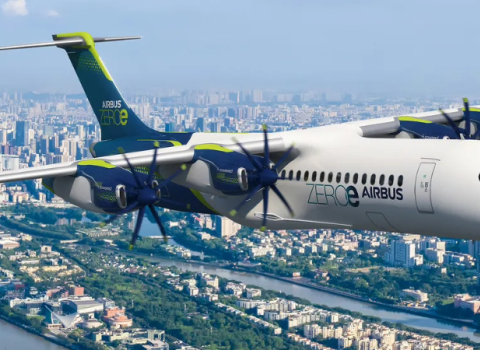
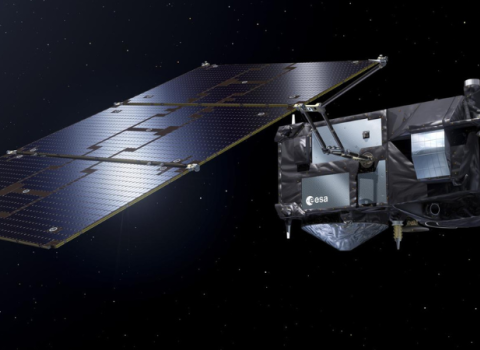
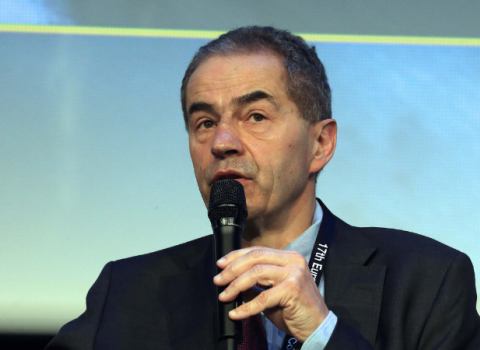
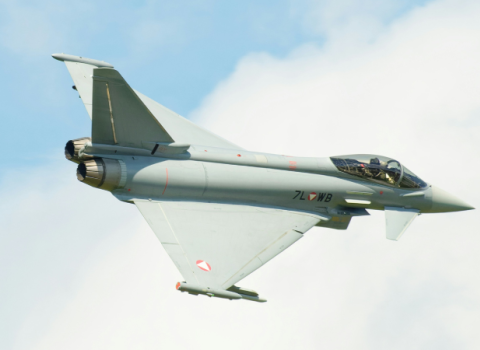

 A unique international forum for public research organisations and companies to connect their external engagement with strategic interests around their R&D system.
A unique international forum for public research organisations and companies to connect their external engagement with strategic interests around their R&D system.